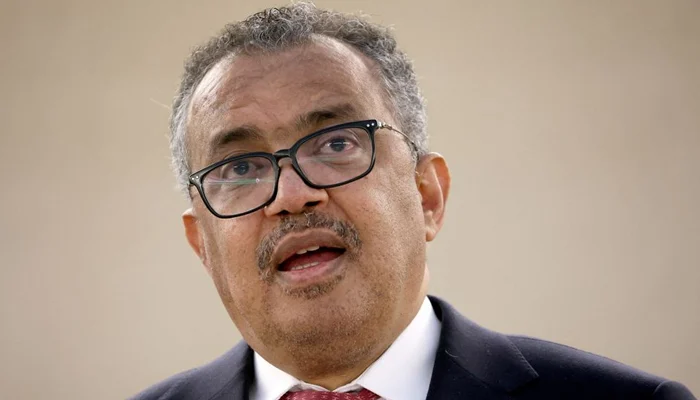LONDON, June 23(ABC): Polio has been detected in sewage samples in the British capital, the first sign since the 1980s that the virus could be spreading in the country, but no cases have been found, authorities said.
The risk of infection from the disease, which causes paralysis in children in under 1% of cases, was also low because of high vaccination rates, the UK Health Security Agency (UKHSA) said.
The agency nevertheless encouraged parents to make sure their children were vaccinated after the discovery of the virus during routine wastewater surveillance — particularly those who may have missed shots during the COVID-19 pandemic.
Nationwide vaccination levels are above the 90% needed to prevent outbreaks, but London’s coverage rates among the under-twos have dipped below that in recent years.
The National Health Service in the city will begin contacting parents of children under five who are not immunised.
Polio, spread mainly through contamination by faecal matter, used to kill and paralyse thousands of children annually worldwide. There is no cure, but vaccination brought the world close to ending the wild, or naturally occurring, form of the disease.
UKHSA said it usually finds between one and three samples of poliovirus in sewage annually, but they have previously been one-offs. This year, one sample was found in February at the Beckton Treatment Works in east London, and there has also been ongoing detection at the same plant, which serves around 4 million people, since April.

